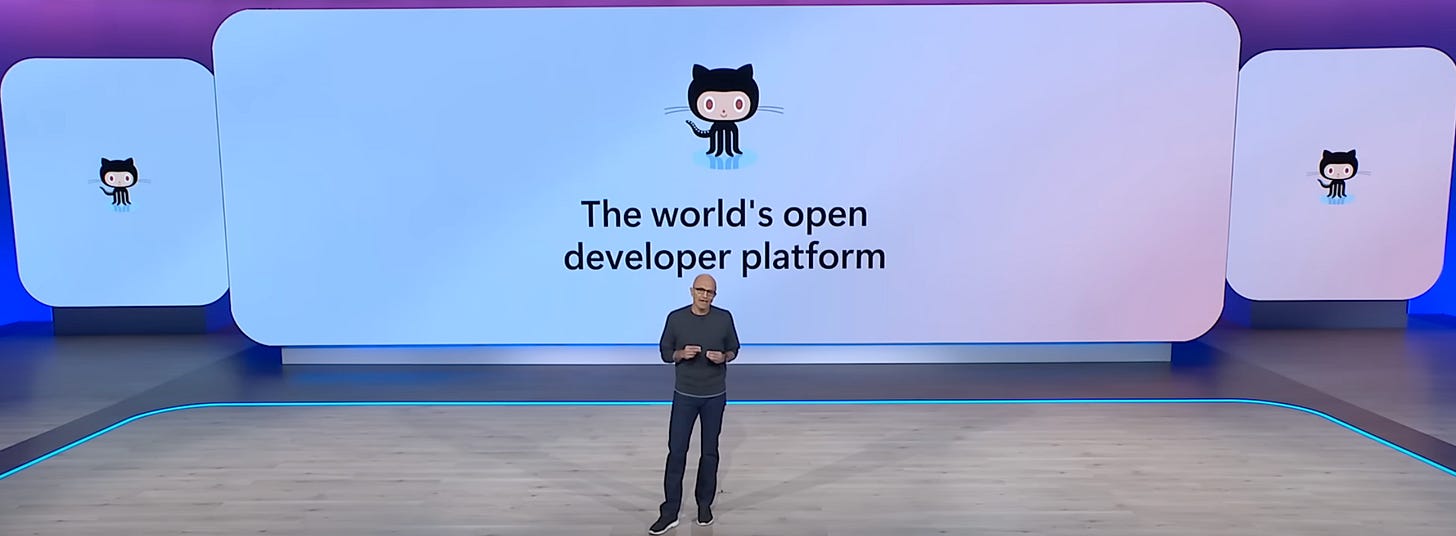The Odyssey of Innovation: Classics, Code, and Cognitive Load | Two Sigma's Matt Greenwood
What philosophy can teach us about cultivating curiosity and innovation
What can ancient languages and epic poems teach us about building resilient tech and future-proof teams?
Host Andrew Zigler welcomes Matt Greenwood, Chief Innovation Officer of Two Sigma, for a conversation that uniquely blends their shared background in classical languages with over two decades of Matt’s experience at the forefront of financial technology. Matt unveils how this classical training has profoundly shaped his approach to building enduring innovation, fostering a resilient company culture, and leading with empathy.
Matt explains his vision for building and evolving innovation via platforms, alongside his strategies for effective goal-setting and fostering deep conceptual understanding in his team. He offers invaluable lessons on the importance of forgiving the decisions of our past selves, adapting processes for evolving needs, and thoughtfully engaging with AI to augment human creativity. This conversation is a masterclass in strategic foresight, cultivating a constant hunger for learning, and building an adaptable organization ready for whatever the future holds.
"I'm still, you know, a humanist, right? I still just believe that we have this little spark that no machine is gonna come and take that away anytime soon. And so I just fundamentally believe that freeing up time for humans to be creative and innovative has got to be better for all of us." —Matt Greenwood
The Download
The Download is a weekly scoop on your waffle cone of software. 🍦
1. Google I/O had something for everyone
Google I/O was a smorgasbord of AI announcements for technologists, artists, and learners alike. Top of the list is their new Veo video generation model that shatters the illusion that any video is real. Plus, the introduction of Jules, an agentic coding assistant, signals that Google is serious about empowering developers with tools for async development. Look out, GitHub Copilot!
Read: Google I/O 2025
2. Copilot took center stage at Microsoft Build 🎢
At Microsoft Build, GitHub Copilot unveiled its own agentic capabilities with new asynchronous Copilot workflows. Assign Copilot to an issue on GitHub and it’ll work in the background, submitting PRs and comments as needed. However, an early team’s attempt to use the new tools resulted in a viral debacle where GitHub users descended on the PRs to provided commentary on the AI’s usage and recommendations. (Folks, don’t do this.)
Read: Microsoft Build 2025
3. Anthropic’s own leap into collaborative coding 🤝
At a smaller invite-only event the same week, Anthropic introduced Claude Opus 4, expanding its capabilities in the coding space. Claude is positioning itself as a powerful ally for developers, and is already available in Copilot. Anthropic’s powerful partnership with industry leaders means its releases cover all corners of deployment. To that end, it’s available on Google Vertex and Amazon Bedrock, too.
Read: Introducing Claude 4
We’re going beyond Copilot, are you coming with us? 🛣️
Join Andrew Zigler and a panel of industry experts for an upcoming webinar about the evolution of AI in software development. Discover how enterprise teams are moving from assistive tools to agentic AI, boosting productivity and orchestrating workflows. We’ll be covering new research from LinearB, so this is your chance to learn some practical insights and frameworks before anyone else. Don’t get left behind!
Reserve your spot today:
4. Happy 30th birthday, Java! 🎉
Java has officially turned 30, and its impact on the tech landscape is as strong as ever. With its "write once, run anywhere" mantra, Java has remained a staple for enterprise applications and large-scale systems ever since its creation and early fostering by James Gosling. As new languages emerge, Java continues to evolve, supported by a robust community. What’s next for Java? One thing’s for sure: it’s not going anywhere anytime soon.
Check out this fun tribute video from IntelliJ IDEA to celebrate its birthday:







